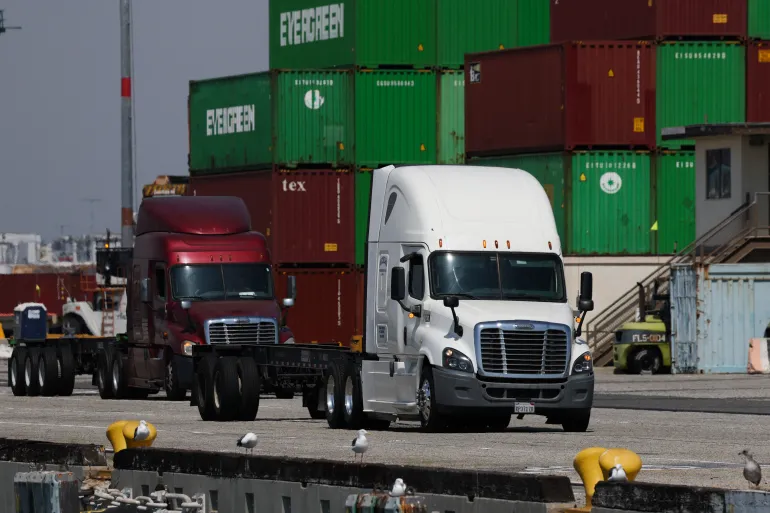Canada boosts support for steel and lumber as Trump tariffs squeeze key industries

Canada will step up support for its steel and lumber sectors, tightening import controls and strengthening worker protections to blunt the impact of steep United States tariffs and stimulate a stronger domestic market.
Prime Minister Mark Carney announced the measures on Wednesday, laying out a plan that significantly reduces steel import quotas and introduces new trade barriers. Imports from countries without a free trade agreement with Canada will be capped at 20 percent of 2024 levels, down from 50 percent, while countries with an FTA will see their quotas reduced to 75 percent from the previous 100 percent. The US and Mexico are excluded under the US-Canada-Mexico trade framework.
Canada will also impose a global 25 percent tariff on selected steel-derivative imports and introduce tighter border measures to counter what it sees as steel dumping. A government official said the goal is clear: open more space for Canadian-made steel.
The backdrop is growing economic strain. The steel industry contributes more than 4 billion Canadian dollars ($2.8bn) to GDP and employs over 23,000 people, but it has been hit hard by President Donald Trump’s 50 percent tariffs on Canadian steel. Softwood lumber is also under pressure, now facing a 45 percent US tariff following a recent hike.
Carney framed the moment as a turning point in Canada-US economic relations.
“As a consequence, many of our strengths have become vulnerabilities. Last year, more than 75 percent of our exports went to the United States. Ninety percent of our lumber exports, 90 percent of our aluminium exports, and 90 percent of our steel exports, all bound for a single market,” he said, adding that the era of ever-closer integration with the US “is now over”.
To support domestic redistribution, Ottawa will work with rail companies to cut freight rates for moving Canadian steel and lumber across provinces by 50 percent from early 2026.
“We will make it more affordable to transport Canadian steel and lumber across the country by cutting freight rates,” Carney said.
The government also pledged financial support for firms affected by tariffs, including help for workforce pressures, liquidity challenges and operational restructuring, alongside incentives to use locally produced steel and lumber in homebuilding.
Tensions with Washington remain high. Trump previously halted trade talks after Ontario ran US television ads criticising his tariff policy, a move he said interfered with a US Supreme Court case. Carney confirmed he would visit Washington on December 5 for the FIFA World Cup 2026 final draw and said he spoke briefly with Trump this week.
“We are ready to re-engage on those talks when the United States wants to re-engage,” he said.
Meanwhile, the ripple effects are being felt south of the border too. Deere & Co warned it expects a larger tariff-related impact in 2026, forecasting a pre-tax hit of about $1.2bn, double what it anticipates this year.









The latest news in your social feeds
Subscribe to our social media platforms to stay tuned